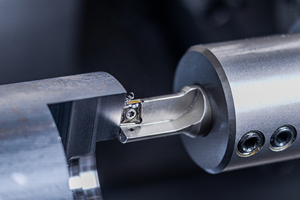Extra Tough Tool Steel Meets Its Match In Extra Tough Inserts
A new grade of coated inserts enabled this shop to cut an especially hard tool steel so effectively and efficiently that it could deliver a massive set of press brake dies on time. The inserts are part of Kennametal’s Beyond line of carbide tooling.
Share




Hwacheon Machinery America, Inc.
Featured Content
View More




Encounter tool steel and you’ll find you need more of everything—more power, more rigidity, more clamping and maybe most importantly more knowledge. For example, carbide insert grades for tool steel are engineered for extreme levels of toughness and durability. Bruno Cecchini, plant manager at Mecon Industries (Scarborough, Ontario), has known this for more than 45 years. In fact, knowing about recent cutting tool developments was the difference between potentially failing on a job no one could cut and delivering the part on time as promised. In this case, Mr. Cecchini knew about an insert grade that is part of the Beyond line of tooling from Kennametal (Latrobe, Pennsylvania). Beyond is the manufacturer’s new line of tooling, which consists of grades and geometries for cutting cast iron, steel, stainless steel and high-temperature alloys.
As one of the original employees from when Mecon opened its doors in 1962, Mr. Cecchini has seen the company develop two specialties—manufacturing coil-handling equipment such as coil reelers, unreelers and coil straighteners for the metal fabricating industries, and providing press brake dies.
Press brake dies are used for bending metals into predetermined shapes. Bending large or thick metal plate depends on the size of the die opening, the strength of the die, the shape of the punch and the tonnage of the press brake. “We design, manufacture and test custom press brake tooling for bending virtually any material thickness and material type, from steel and aluminum to exotics such as zircalloy,” he says. “Our planers range in length from 12 to 30 feet long. We also have a 200-ton hydraulic press for tryouts. With our experience, we can provide a single-hit tool that combines bends and reduces the number of hits to complete a part. We also stock a line of standard tools for off-the-shelf delivery.”
Mecon customers can order the material type, thickness and hardness of the dies they want to match the tonnage of their press brake equipment and the jobs they want to handle. If not otherwise specified, Mecon makes press brake tooling from pre-hardened die steel at 265 to 280 Brinell.
An exceptional case, however, put Mr. Cecchini’s knowledge of cutting tools to the test. Hodgson Custom Rolling, one of Mecon’s many long-time customers, required a die 14 feet long and 22 inches wide with an 18-inch die opening for bending 2- to 4-inch-thick plates. The die steel specified was so tough that the tooling Mecon traditionally used on its planing equipment lasted for only three strokes before failing.
Of course, Mr. Cecchini is fully aware that dies are used by his customers to make the products for their customers. This makes it doubly urgent for Mecon to meet promised delivery dates. “We were really under the gun,” Mr. Cecchini recalls. “We had promised a delivery date, and we had a 20,000-pound piece of steel at 35 Rockwell.” The hardness of this material (which is equivalent to 323 Brinell) is well above Mecon’s standard range, so Mr. Cecchini was unsure of the best way to cut it.
Normally, Mecon’s planing machines, which cut at a maximum 200 feet per minute, are the workhorses of its die business, Mr. Cecchini says. He tried lower speeds with the usual insert grade, but this approach didn’t help. Trying grades from other tooling providers also had similar results, as Mr. Cecchini says.
At that point, Dan Atwell, a metalworking sales engineer with Kennametal, came to Mecon’s plant with samples of the Beyond line of inserts. Beyond tools are engineered to increase metal-removal rates and extend tool life significantly in many cases, says Ujjwal Baid, a senior product manager with the cutting tool manufacturer. Depending on the application, he says, field tests have shown anywhere from 30- to 300-percent improvement with the new grades. According to Mr. Baid, these tools feature a post-coat surface treatment that improves edge toughness, reliability and depth-of-cut notch resistance, and it micro-polishes the surface to reduce friction and workpiece sticking (built-up edge). A fine-grained alumina layer accommodates increases in cutting speed to improve productivity, he says.
All of the inserts are CVD (chemical vapor deposition) coated, but where conventional CVD coatings are under tensile stress, these inserts undergo a proprietary post-coat treatment on all surfaces to reduce this stress. Thus improves coating adhesion and reduces micro-chipping, Mr. Baid says. “A more uniform and reliable wear of the cutting edge results in improved and more consistent tool life,” he says. “Smoother surfaces also lower frictional forces, another factor that expands applications and permits higher cutting speeds. Together with the right geometry, we’ve seen big improvements in chip control and tool life in both internal and field tests.”
Mr. Atwell encouraged Mecon to try the KCP40 grade on the tool steel. According to machine operator David Filipovic, the usual inserts would last only 15 or 20 minutes per edge before failure. “We put the KCP40 grade on our planer mill and the final parameters we were running after the testing were 0.750-inch depth of cut, 200 feet per minute, and 0.032-inch feed rate,” he says. “We were able to run 16-foot planer strokes for approximately 80 minutes per edge.”
Related Content
The Future of High Feed Milling in Modern Manufacturing
Achieve higher metal removal rates and enhanced predictability with ISCAR’s advanced high-feed milling tools — optimized for today’s competitive global market.
Read MoreCeratizit's Updated Tooling Solutions Improve Machining Performance
The company has upgraded its EcoCut indexable inserts lineup, as well as introduced two new toolholding and workholding solutions.
Read MoreCeratizit Expands Range of Indexable Milling Tools
MaxiMill 491 features eight cutting edges per newly expanded 9-mm insert size, a precise 90° profile and a durable, nickel-coated tool body.
Read MoreTungaloy Drills, Milling Inserts Provide Enhanced Stability
Tungaloy has expanded its DrillForceMeister and TecMill lines with new drill bodies and milling inserts.
Read MoreRead Next
5 Rules of Thumb for Buying CNC Machine Tools
Use these tips to carefully plan your machine tool purchases and to avoid regretting your decision later.
Read MoreRegistration Now Open for the Precision Machining Technology Show (PMTS) 2025
The precision machining industry’s premier event returns to Cleveland, OH, April 1-3.
Read MoreBuilding Out a Foundation for Student Machinists
Autodesk and Haas have teamed up to produce an introductory course for students that covers the basics of CAD, CAM and CNC while providing them with a portfolio part.
Read More
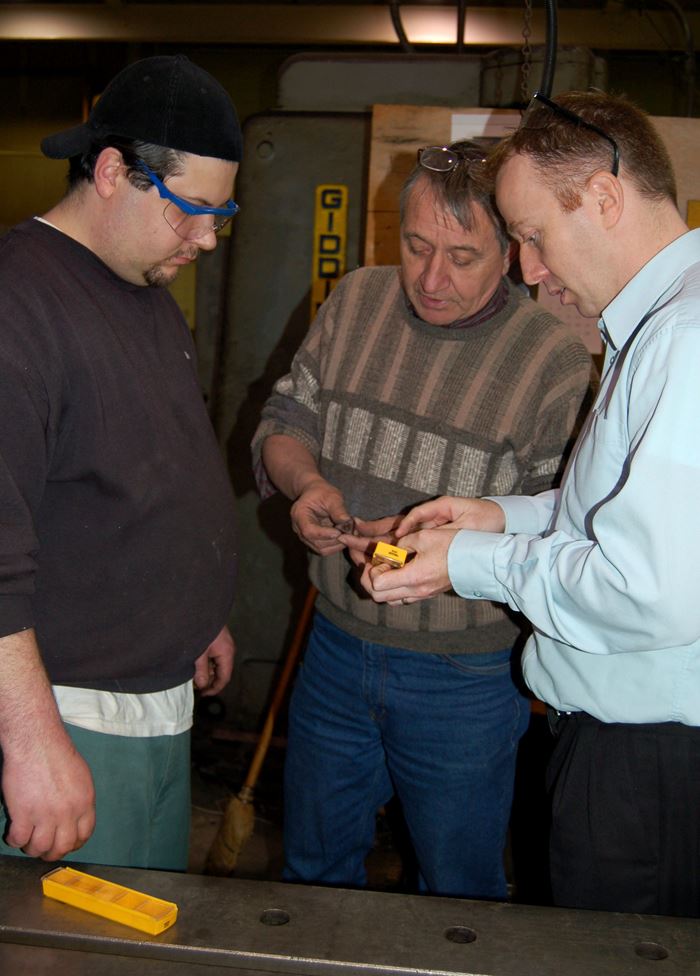
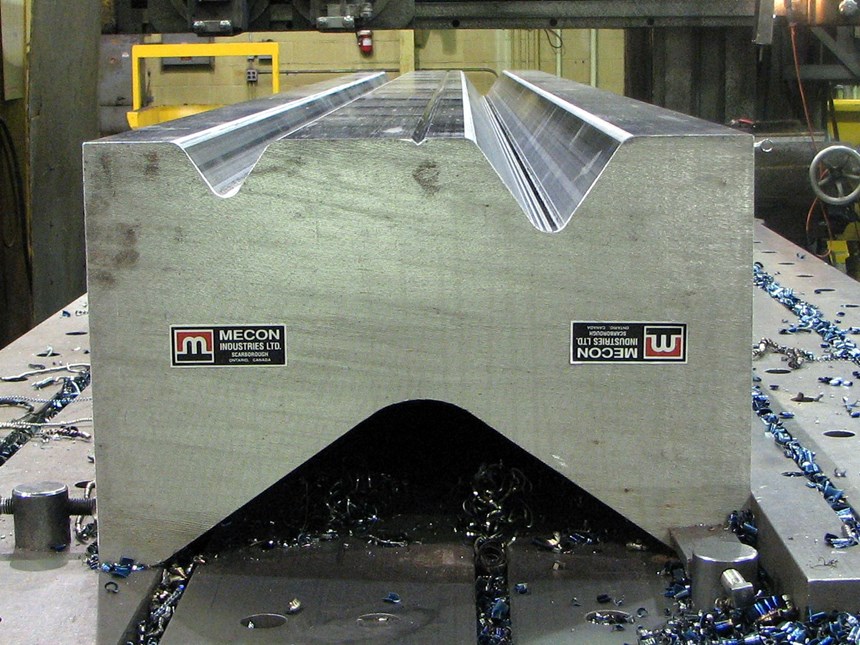
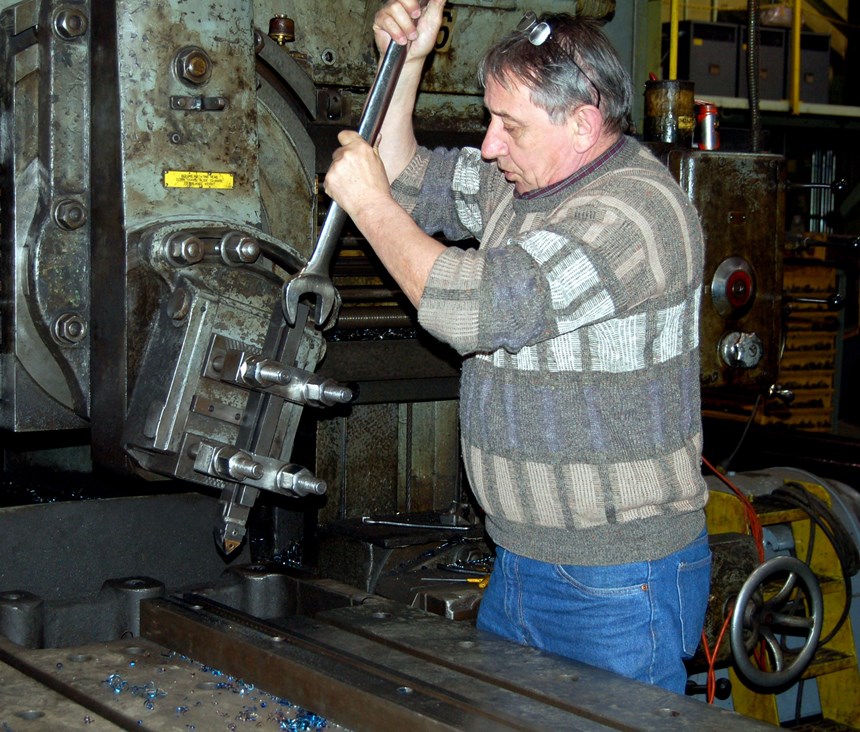
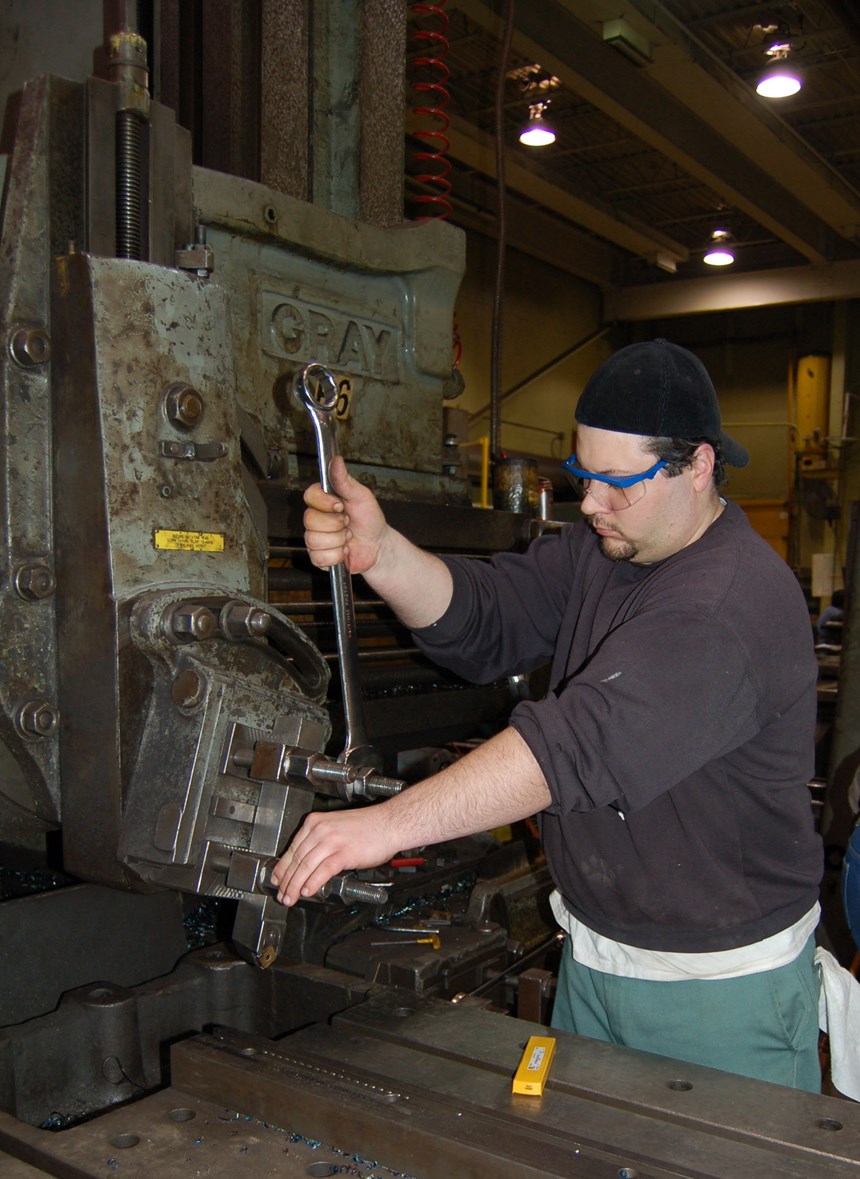
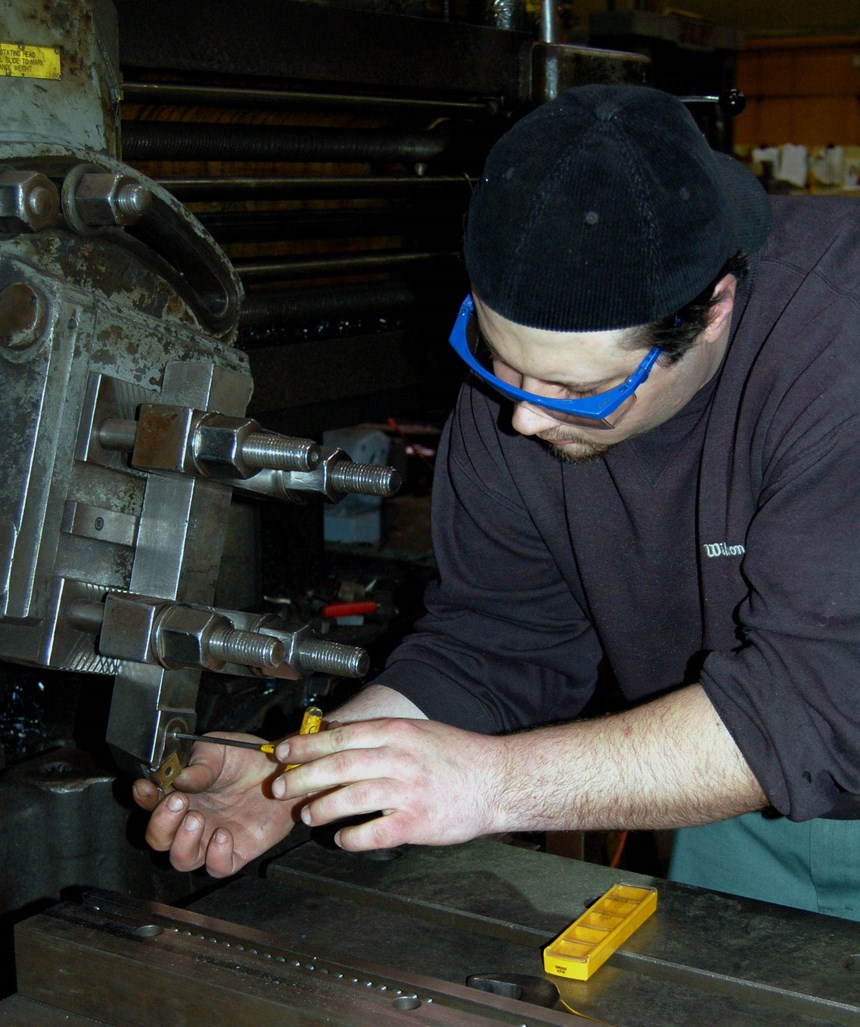
































.jpg;maxWidth=300;quality=90)








